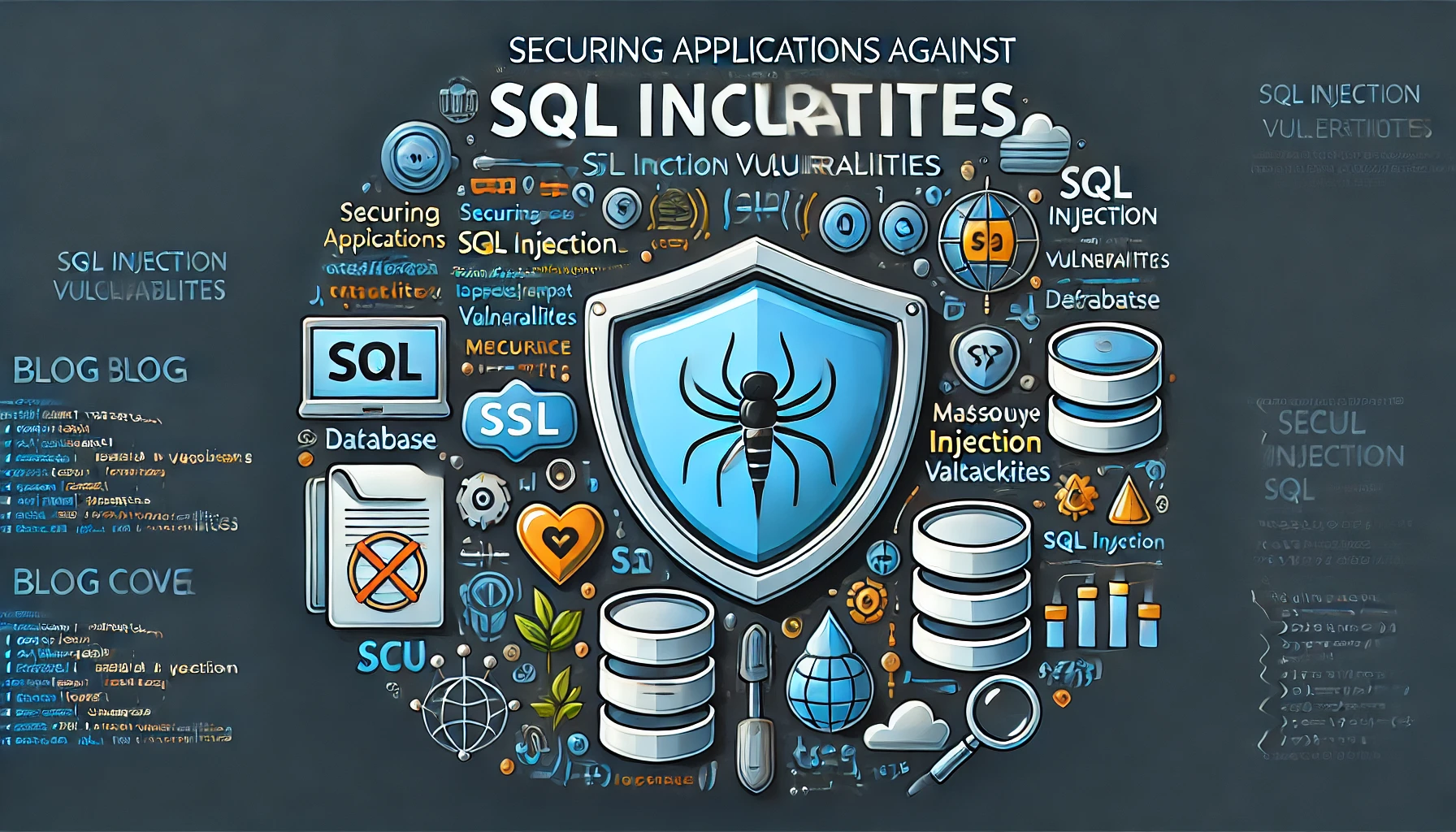
Securing Applications Against SQL Injection Vulnerabilities
SQL injection attacks have been a persistent threat to web applications, allowing malicious actors to manipulate databases and access sensitive information. As a cybersecurity firm, it is crucial to understand the importance of securing applications against SQL injection vulnerabilities to protect data integrity and user privacy.
Understanding SQL Injection
SQL injection is a type of attack where an attacker inserts malicious SQL code into input fields of a web application to gain unauthorized access to the underlying database. This can lead to data breaches, data manipulation, and even full control over the application.
Preventing SQL Injection
There are several best practices to prevent SQL injection vulnerabilities in your applications:
- Use parameterized queries: Instead of directly embedding user input into SQL statements, use parameterized queries to separate data from commands.
- Input validation: Validate and sanitize all user input to ensure that it does not contain malicious SQL code.
- Use stored procedures: Utilize stored procedures to encapsulate SQL logic and prevent direct execution of SQL statements.
- Implement least privilege: Limit the permissions of database users to reduce the impact of a successful SQL injection attack.
Testing for SQL Injection
Regularly test your applications for SQL injection vulnerabilities using tools like SQLMap or OWASP ZAP. Conduct thorough penetration testing to identify and remediate any potential weaknesses before they can be exploited by attackers.
Conclusion
Securing applications against SQL injection vulnerabilities is essential for safeguarding sensitive data and maintaining the trust of users. By implementing best practices, conducting regular testing, and staying informed about the latest threats, you can protect your applications from malicious attacks.
Stay Connected with Secure Debug
Need expert advice or support from Secure Debug’s cybersecurity consulting and services? We’re here to help. For inquiries, assistance, or to learn more about our offerings, please visit our Contact Us page. Your security is our priority.
Join our professional network on LinkedIn to stay updated with the latest news, insights, and updates from Secure Debug. Follow us here







